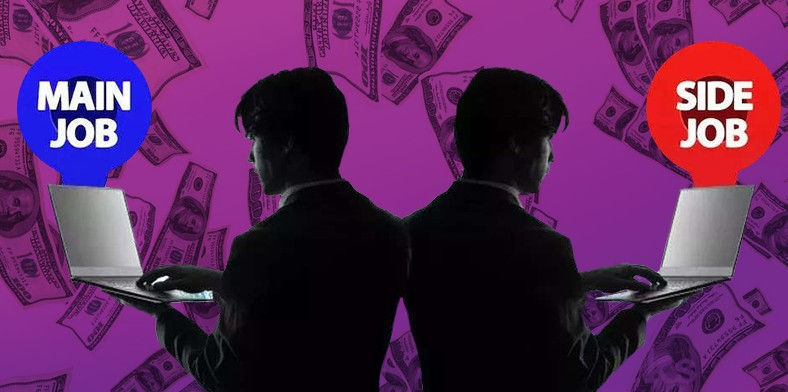Embracing Authenticity: Black Women, Dreadlocks, and Professionalism in Today’s Workplace
- She.i
- Jun 10
- 3 min read
Updated: Jul 8
In today’s increasingly diverse and global workforce, companies are rethinking what professionalism truly means. One key area of focus is how workplace standards impact Black women—specifically those who wear their hair in dreadlocks, or locs.
At the heart of this conversation is a question many organizations are asking in 2025: How can we create a work culture where authenticity is respected and inclusion is more than a policy?
Understanding the History
For many Black women, dreadlocks are more than a hairstyle—they are a deeply rooted expression of cultural heritage, personal identity, and pride. Yet for decades, natural hairstyles like locs, afros, and braids were often stigmatized in professional environments, subtly (or overtly) deemed “unprofessional” or “not polished enough” by outdated grooming standards.
These perceptions have led to difficult choices for many Black women in the workplace: assimilate to traditional beauty norms, or risk being misunderstood, judged, or passed over.
Dreadlocks - around the globe.
The word dreadlocks refers to locks of entangled hair. Several languages have names for these locks:
Legal Changes Are Shaping Corporate Responsibility
In recent years, laws like the CROWN Act (Creating a Respectful and Open World for Natural Hair) have made significant strides in protecting employees from hair-based discrimination. As of 2025, more than 20 U.S. states have enacted this legislation, and multinational corporations are taking note, revising dress code policies and reinforcing inclusive practices across global teams.
For companies, these changes are more than a legal obligation—they’re a strategic imperative. Inclusive environments foster innovation, attract top talent, and reflect the diverse world businesses serve.
The Workplace Experience in 2025
Despite legal protections, many Black women still navigate challenges in professional settings. Subtle bias persists, from comments like “Is that your real hair?” to assumptions that locs are not “client-facing.” These microaggressions contribute to a culture where authenticity can feel risky, rather than welcomed.
“I wear my locs proudly,” says Camille, a marketing executive at a global consultancy. “But I’m aware that how I present myself can influence how I’m perceived. It’s a constant balance between being myself and managing others’ expectations.”
This is where companies have a real opportunity to lead.
What Companies Can Do
1. Reevaluate Grooming and Dress Code Policies
Ensure that your policies are free of language that reinforces racial or cultural bias. Terms like “tidy,” “clean-cut,” or “unusual” can unintentionally target certain groups and exclude styles rooted in culture.
2. Provide Bias Training with Real-World Context
Diversity, equity, and inclusion (DEI) training should address hair discrimination explicitly. Educate managers and employees about the cultural significance of hairstyles and how unconscious bias can show up in performance reviews, team dynamics, and hiring.
3. Normalize Representation
Highlight leaders and employees who wear natural hairstyles—including dreadlocks—in internal communications, promotional content, and leadership pipelines. Representation helps dismantle stereotypes and signals to all employees that they can show up as their full selves.
4. Encourage Open Conversations
Create space for dialogue around identity and appearance in the workplace. Employee resource groups (ERGs), listening sessions, and inclusive town halls allow for meaningful exchange and build psychological safety.
A New Era of Professionalism
Professionalism is no longer defined by conformity, but by character, competence, and collaboration. In 2025, companies that lead with empathy and equity are setting the tone for the future of work—where authenticity is not a liability but a strength. By supporting Black women in wearing their hair as they choose—including locs—organizations demonstrate a commitment to equity that goes beyond words. It’s a sign that the workplace is evolving—not just to accept difference, but to honor it.
Let’s continue to build workplaces where everyone is empowered to bring their full selves to work—hair and all.
#BlackWomenInBusiness #NaturalHairInTheWorkplace#DreadlocksAndProfessionalism








